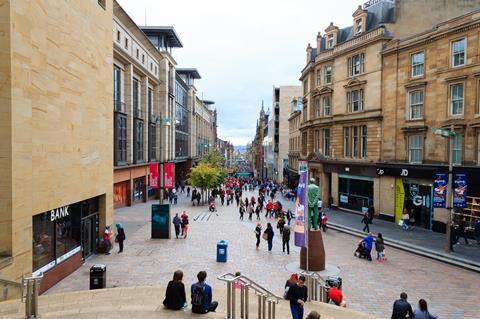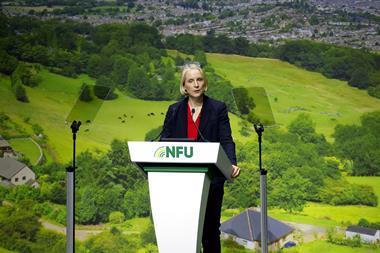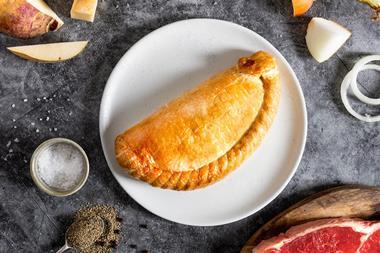
Dozens of major retailers have written to Chancellor Jeremy Hunt calling for a freeze in business rates in his autumn statement.
Without a freeze in the business rates multiplier – used to calculate the commercial property tax – there will be new upward pressure on prices just as inflation has begun to ease, according to the letter, signed by 44 retail leaders.
Signatories include the CEO of Tesco UK & Ireland, Sainsbury’s, Morrisons, Aldi UK & Ireland, Lidl GB, M&S and the CFO of Asda. Together, the 44 signatories represent over one third of the retail industry based on employee numbers.
The inflation-linked multiplier is set to rise from April 2024 in line with the September inflation figure, which is expected to be over 6%. Without a freze, it will add £400m to the retail industry’s annual business rates bill, which already stands at over £7bn, according to the letter.
The BRC, which co-ordinated the letter, said a recent survey of its members showed 68% were ‘very concerned’ about the increase, and all felt it would place some pressure on shop prices. More than two thirds (69%), said it would place ‘significant pressure’ on the prices paid by customers, and all thought it would hold back investment, including in new shops and warehouses
The letter notes industry efforts to shield shoppers from exceptional inflationary pressure so far.
“Retailers have worked hard to absorb as much additional cost as possible amidst record cost inflation over the past 18 months,” it said.
“Operating profit margins have significantly contracted as a result, as the Competition & Markets Authority reported in July. This effort is starting to bear fruit as BRC’s data shows that shop price inflation fell to 6.9% in August, part of a continuing downward trend from a peak of 9.0% in May.”
BRC CEO Helen Dickinson said: “The Chancellor must freeze rates to help keep a lid on retailers’ already high costs. With shop price inflation having eased for three consecutive months, it is vital that the government does not add to the cost burden and undermine this progress.
“A £400m rates rise will also cost jobs, harm the economy, and damage the vibrancy of our town and city centres. While other business taxes, such as corporation tax and VAT, rise and fall with the movements in the economy, business rates must be paid in full whether firms are making a profit or a loss. This makes business rates the difference between retailers being forced to close existing stores rather than opening new ones.”
Hunt froze the business rates multiplier for 2023-24 in last year’s autumn statement. It kept the standard multiplier at 51.2p for every £1 of a commercial property’s rateable value, and the small business multiplier at 49.9p per pound.
John Webber, head of business rates at commercial property consultancy Colliers, told The Grocer the government had created a “rod for its own back” by providing various levels of business rates relief since 2020.
“Given the fact that there is likely to be an election in May of 2024, we believe there is every likelihood that reliefs will be continued for another year and other reliefs may even be added to the pre-election bonanza,” said Webber. “In the short term this will be good news for the retail sector.”
However, he said a “problem with continuing with these levels of relief is that at some point they will have to be taken away and clearly once they are removed there will be a cliff edge change”.
“The government has created a rod for its own back because the longer these reliefs continue the greater the reliance of companies in their models to the fact that they pay little or no business rates.
“At the point when that tap is switched off, when businesses will likely be given only the matter of three or four months’ notice at the most, some will be unable to readjust in order to pay for a newly arrived bill. As a result, keys will be handed back, and businesses will close.”
Webber said a solution would be to reduce the multiplier for all retailers to about 34p.



















No comments yet